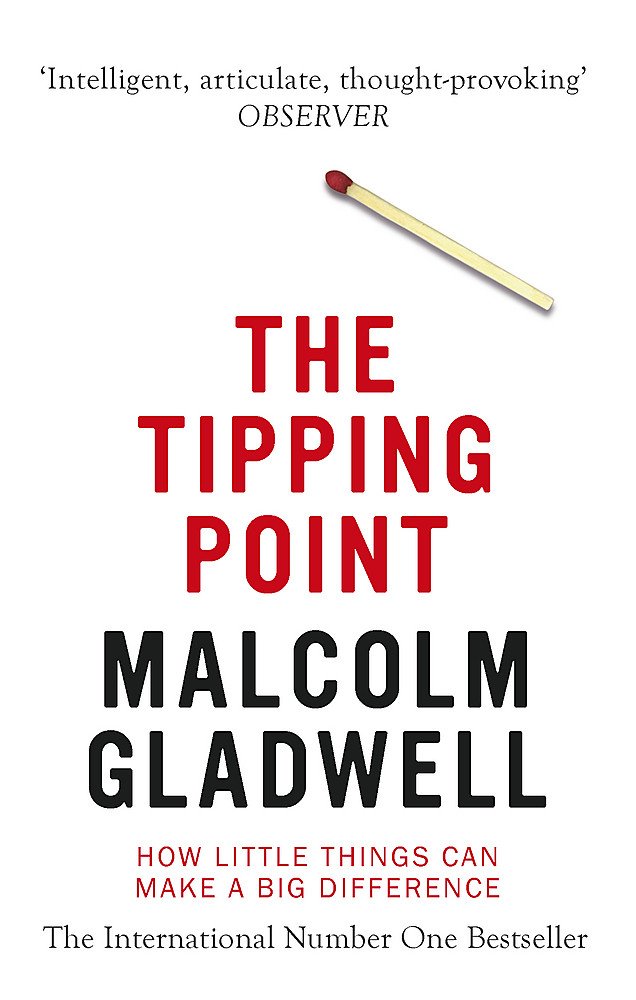This book will teach you how little things can have a big impact when the time and circumstances are right
Ideas spread exponentially once the tipping point is reached
Social epidemics and viral infections have something in common. Just as viral infections can stay relatively unnoticed for a long time and then suddenly spread when the winter weakens people’s immune system, so can ideas start spreading abruptly once a certain event happens.
Take for example the suede shoes made by Hush Puppies. They stayed relatively unnoticed until in the mid-1990’s some hipsters in Manhattan started wearing them and “infected” others, starting a trend. Sales went from 30.000 to 430.000 to 2 million pairs.
“Infections” also happen in the tech industry. In the 80’s Sharp made the first affordable fax machine. In the first years, there was a linear growth in sales until a tipping point was reached in 1987 at which point the sales skyrocketed.
Ideas have to stick
For ideas to spread, they have to stand out, stick, being catchy for example. In other words, they have to be like a purple cow. Winston became one of the most popular cigarette brands in the US after they made a commercial with an intentional grammatical error: “Winston tastes good like a cigarette should.” The correct grammar would be using “as” instead of “like.” The commercial worked, however, the error made it stick in people’s head.
A few key people tend to cause epidemics
The 80-20 law applied to societies shows that a minority of people have the biggest impact. About 20 % of criminals commit 80% of all crimes. About 20% of employees carry out 80% of the work, 20% of drivers cause 80% of accidents, and 20% of beer drinkers drink 80% of beer. But in viral epidemics, the ratio is even bigger.
One example is the extreme spread of AIDS in the US due to one flight attendant who had sex with more than 2.500 people in North America according to his own account.
Ideas spread particularly fast through people who are super connectors.
In a social experiment in the 60’s scientists found that every person in the world is connected to everyone else through just a few people.
Some people, however, have an exceptionally big network of contacts or influence. Those people are called super connectors by the author of Never eat alone. When you try to make an idea viral, you should focus on those people.
Mavens
Mavens are those people who often know a lot about many different things and constantly assimilate new information. Their passion makes them share their knowledge with others, which converts them to great influencers in their networks. They possess insider knowledge. Mavens can be understood somewhat analogous to early adopters mentioned in this book.
Persuasion
Persuasion is an important skill in when spreading ideas. Oustanding Salesmen are characterized by their exceptional capacity to communicate and create connections with other people. They possess great verbal and nonverbal skills and show their emotion and passion in a way which makes people empathize with them. Those skills are perfect for spreading ideas.
External influence
We are highly influenced by external factors even if we think otherwise. The famous Stanford Prison Experiment where males had to play the roles of either guards or prisoners had to be canceled abruptly after only 6 days because things spiraled out of control. The change in circumstances made the participants overreact in cruel and sadistic ways, even though it was only a simulation.
Conclusion: The tipping point happens when something happens which leads to a critical change in the speed of growth. Whenever you want to spread a message, you have to analyze the factors which lead to those exponential changes.

